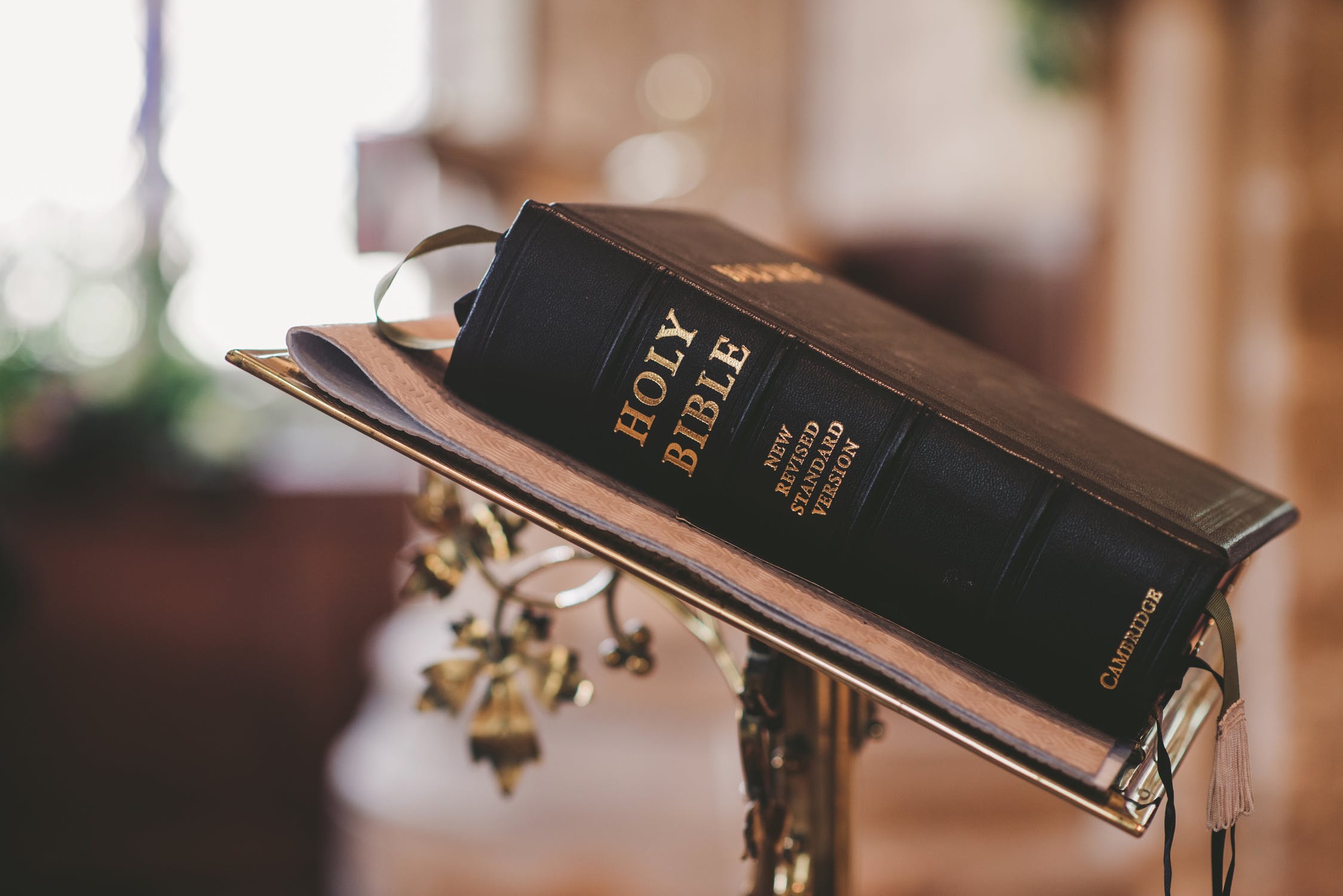Praying the Psalms
O Lord, our Lord, how awesome is your name through all the earth!
My God, I call by day, but you do not answer; by night, but I have no relief.
Have mercy on me, God, in accord with your merciful love.
I will bless the Lord at all times; his praise shall always be in my mouth.
“f only you would destroy the wicked, O God, and the bloodthirsty would depart from me.
I’m guessing you recognize some, if not all of the above statements as coming from the Book of Psalms in the Hebrew Scriptures. Whatever else you can say about them, the Psalms are honest: The psalmist’s words express – sometimes quite strongly and with powerful imagery – exactly what he is experiencing, whether that be amazement, contrition, fear, praise, despair or, sometimes (perhaps more often than we would like to admit), even a desire for revenge against enemies. They Psalms express the full range of human emotions, with no artifice and no felt need for politeness.
Psalms Help Us Find Words for our Feelings
The raw honesty of the Psalms makes them a wonderful tool for our prayer. While I have for years suggested one or another psalm for the prayer of retreatants or those who see me for spiritual direction, I find myself turning to them myself (and recommending them to others) more and more during the time in which we find ourselves today: We are still facing a pandemic that has forced many of us into at least semi-isolation for months (far longer than we expected when this started). We are moving toward an election characterized by extreme vitriol. We are witnessing growing unrest over racial and economic disparities. And many of us are experiencing a lack of trust in institutions we once believed were looking out for our interests.
In times like these, the Psalms help us find the words to pour forth our feelings, and they remind us that we need not hold anything back from God. One commentator called the psalms a “school of prayer,” that “not only provide us with models to follow, but inspire us to voice our own deepest feelings and aspirations.” I saw some powerful examples of this in a recent six-week retreat in daily living on Praying with the Psalms we sponsored in my parish (St. Thomas More in St. Paul). During the week that retreatants prayed with the psalms of lamentation they were invited to write their own psalm to God as a way of sharing what was deepest in their hearts. I was deeply moved, both by hearing some of the participants share the psalms they wrote and listening to their description of how helpful the process of writing was for them.
Psalms are Meant to be Prayed
But praying with the psalms does more than help us express our feelings; the psalms also help us to a deeper understanding of God’s fidelity and love for us. The vision of God expressed in the psalms is not of a wind-em-up-let-em-go God, who, having created the world sits back in an easy chair with a bowl of popcorn and just watches everything happen. Rather, the vision is of a God is one who is always active, constantly at work in the world and constantly relating to the people God loves. And that love and fidelity come through over and over again in the psalms. We see this even in the psalms of lamentation, the largest category of psalms. While such psalms often open with expressions of distress, cries for help, they almost always end with a note of certainty that God has heard the prayer – with trust in God’s fidelity. Thus, for example, Psalm 22 moves from its familiar opening, “My God, my God, why have you abandoned me,” to “But you, Lord, do not stay off.” And Psalm 102 moves from “Do not hide your face from me” to “You will again show mercy to Zion.” Over and over we are reminded that we cry in our pain and in our sadness, but we cry with certainty and trust that God will hear us and never abandon us.
As this suggests, the psalms are not merely to be read, but to be prayed. We are meant to engage in them, relate to God through then – speaking to God and listening to God’s response. If that is not something you have done with any intentionality, I can’t recommend it enough.

Susan Stabile will lead an online event on Tuesday, October 20: Praying the Psalms: An Evening of Reflection.
More information and registration for the Praying the Psalms event






